Although Jupyter Notebook is different and unique, and while these features may appeal to some people, other people may find it hard to work with Jupyter Notebook. E.g., if you are a developer that prefers test-driven, then you may not find Jupyter Notebook according to your taste.
Similarly, the non-linear workflow may not be for everyone. So if you are looking for Jupyter Notebook alternatives, read ahead!
Following is a list of the best Jupyter Notebook alternatives.
PyCharm
PyCharm is an IDE developed by JetBrain, mostly used for python programming. It is not limited to Python only as it also supports web development. You can write and compile Angular JS, Javascript, CSS, and HTML. It also supports some database languages like MySQL.
In addition to this, it also supports interactive Python, just like Jupyter Notebook. It provides a lot of features when compared to Jupyter Notebook. One of its main features is that it has an excellent debugger with GUI. One major drawback is that most features, including the debugger, are offered for professional versions. It doesn’t have a good community version.
So you will have to pay to get the licensed version, or if you are a student and have a university email, you can sign up for JetBrains using that email and get a free PyCharm professional license till you graduate.
Apache Zeppelin
Apache Zeppelin is an open-source web-based tool for data analysis. Zeppelin Notebook is a multipurpose notebook that can handle all of your analytics needs from Data Visualization and collaboration to data discovery, data ingestion, and data analytics.
RStudio
R has slowly become the main or one of the main languages used for statistical analysis. It is mostly used alongside Python in data science. RStudio is an IDE specifically for the R language. It is looking to provide support to other languages in the future. Although it only has support for R, it offers a lot of features and functionality like text highlighting, etc.
Rodeo IDE
If you are a data scientist who prefers to work exclusively using Python, then Rodeo IDE might be the software for you. It is a lightweight and simple IDE but packs a fantastic set of features. You can use tab completion in both the console and the text editor to search for modules. Files or scripts open directly into the editor.
You can view variables, tables, data frames, and lists in the environment tab. Images and plots can be accessed in the plots tab. You can also expand and save individual plots. Aside from the features, Rodeo IDE also provides flexibility. You can change the font size and the theme according to your liking: your working directory and python path.
Rodeo also has support for vim and emacs keybindings. There are a lot of keyboard shortcuts to help speed up your workflow. You can configure your Rodeo profile where you can list database credentials, import statements, and helper functions; these are useful, but people tend to forget them easily. All these are accessible to any new scripts that you write.
Google Colab
If you are a machine learning specialist or in general have an interest in learning machine learning, then Google Colab might be the one for you. Google Colab is an online Jupyter Notebook. Now, if it’s just like Jupyter Notebook, then why switch? The following is the main reason why you might be forced to change whether you like it or not.
One of the most common hurdles, when you enter the field of machine learning, is the hardware requirements. So what I mean by this is that in machine learning, you have to model using a significant amount of data for a specific time. This training requires a lot of calculations. Usually, when you train, your CPU is used, but training with CPU is very slow and may heat your laptop; this is where Cuda comes in.
Cuda is a toolkit created by Nvidia that lets you perform the calculations on your GPU rather than CPU. Training of GPU speeds up the process by a lot. Now another main problem is that if you have an AMD GPU, then Cuda is not for you as Cuda is not for AMD.; this is where Google Colab comes in and saves the day.
It provides free GPU and free TPU.
In addition to this, it also has a lot of features. Synchronization is effortless, and you can import your scripts pretty easily. In addition to this, all libraries are pre-installed, so you just have to write an import function to start using them.
Conclusion
Jupyter Notebook is excellent software, but for one reason or the other – if it is not your type, there are many good softwares out there that can provide you with a lot of features and functionalities. Some may be paid like PyCharm, while others might be free like Google Colab. Each software has its pros and cons. Choose the one that is most compatible with you & matches your needs.
from Linux Hint https://ift.tt/2KeidYj



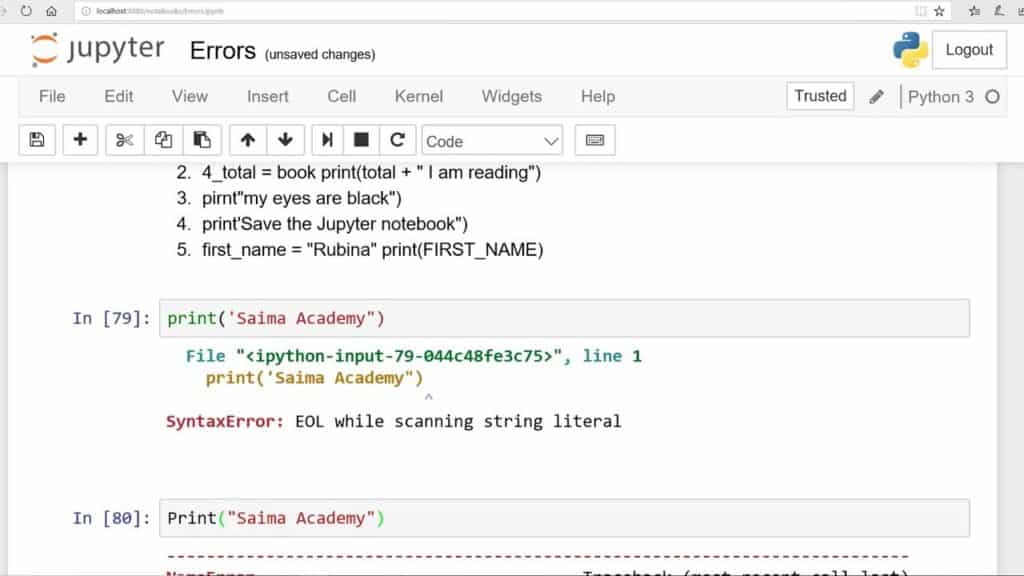
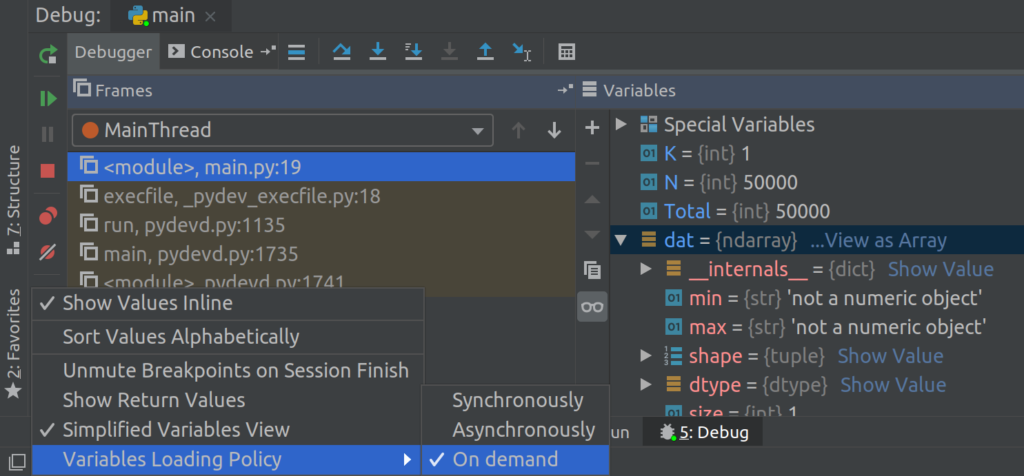

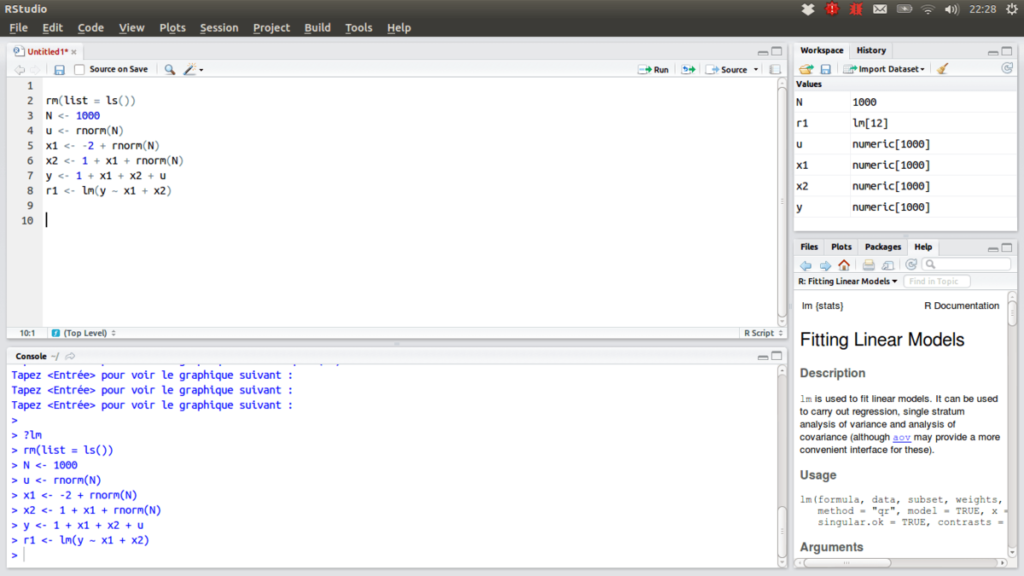
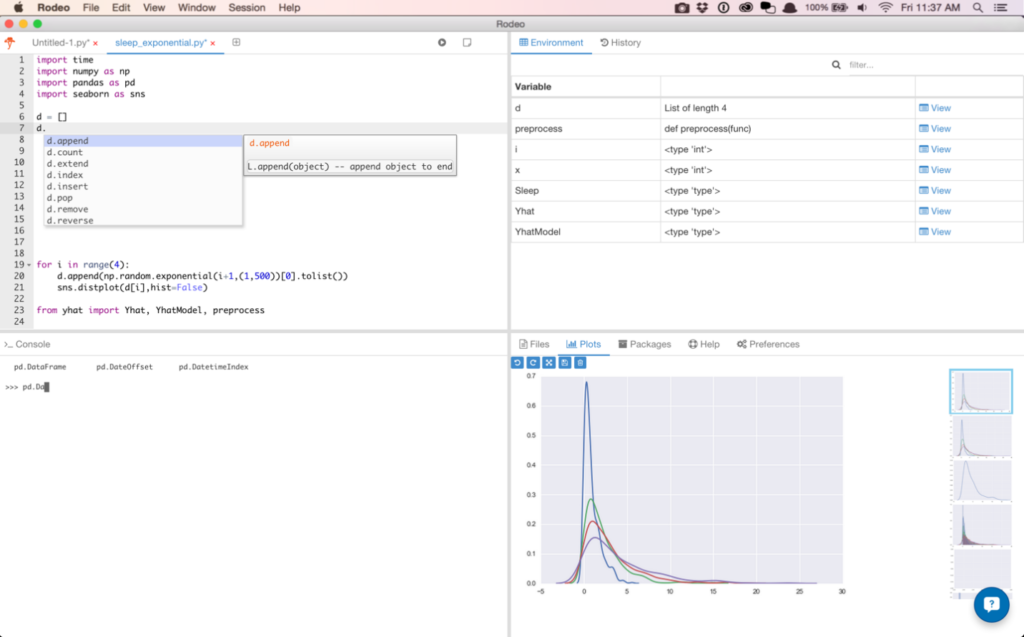
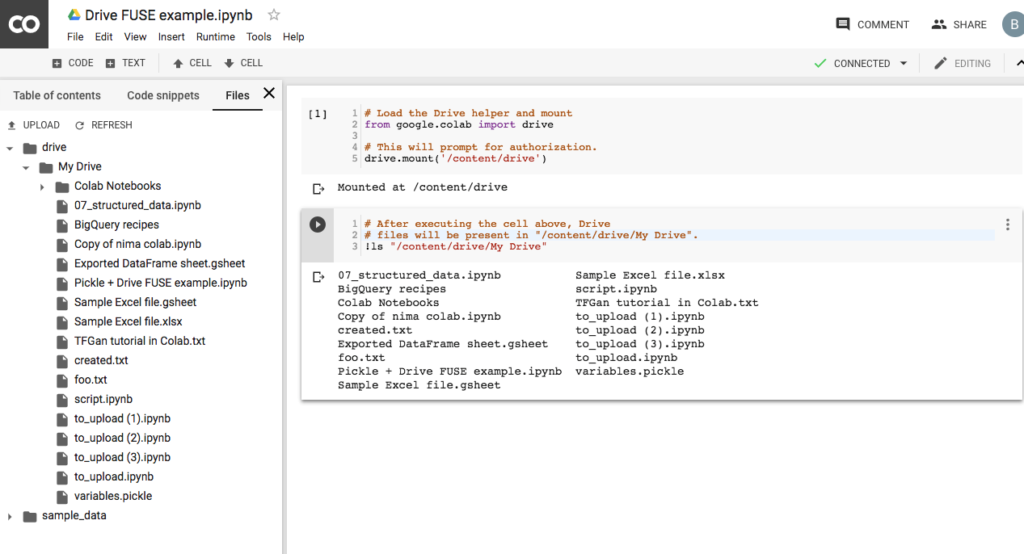
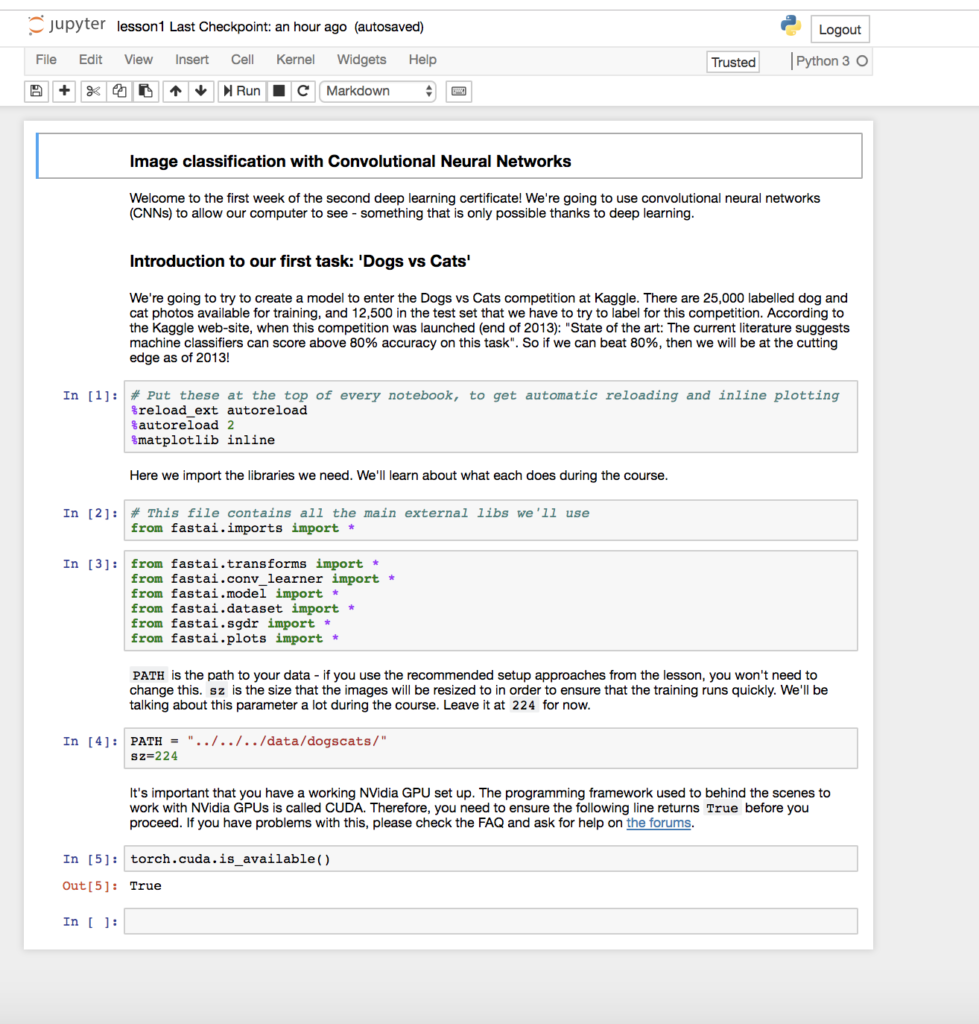

0 Comments